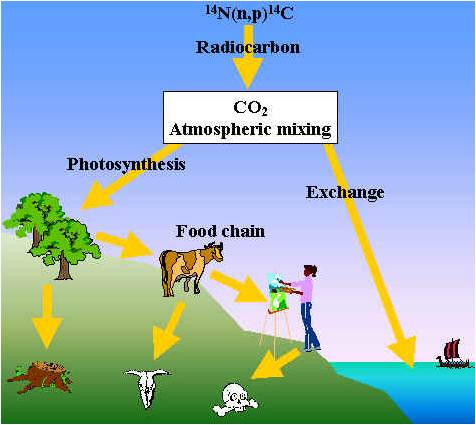Master Program on Radioecology
At Norwegian University of Life Science, a MSc program on Radioecology is available. It is the only MSc program on Radioecology in Europe.What is Radioecology? See the following short film: What is radioecology
More information on Radioecology and Environmental radioactivity, please see the Radioecology Exchange
Why study Radioecology?
- There is an urgent need of university trained candidates within nuclear sciences, including radioecology.
- Radioecology is a key research area ranging from nuclear sources to impact and risk assessments and radiation protection.
- Interested in solving environmental challengers due to the nuclear industry and waste management.
Study programme structure
The first year provides basic course modules as well as the initiating of the research project; the second year is dedicated to experiments, data, collection and analysis, i.e. finalizing the master thesis. The course modules will be held at NMBU with support from collaborating European universities. Course modules will be presented by highly competent Norwegian and European teachers.Compulsory courses:
- Master thesis/ Research project (60 credits)
- Accessing risk to man and environment, Ethics
- Project Management and Research Methods
- Radioecology - Behaviour of radionuclides in the Environment
- Radiation and radiochemistry
Contents of the programme
In a diverse learning process, you will gain knowledge about radioecology; behaviour of radionuclides in the environment, as well as impact and risk assessment based on radiochemistry and radiation protection, the nuclear industry and waste management, project management and research methods.Skills in these areas are required not only to deal with currently installed nuclear capacity and decommissioned facilities, but also to meet the needs presented by likely new build nuclear installations.
For more information look into the following website
